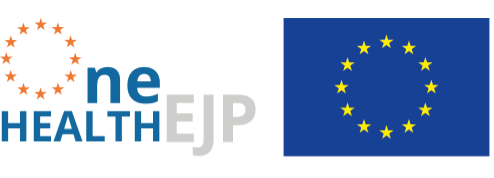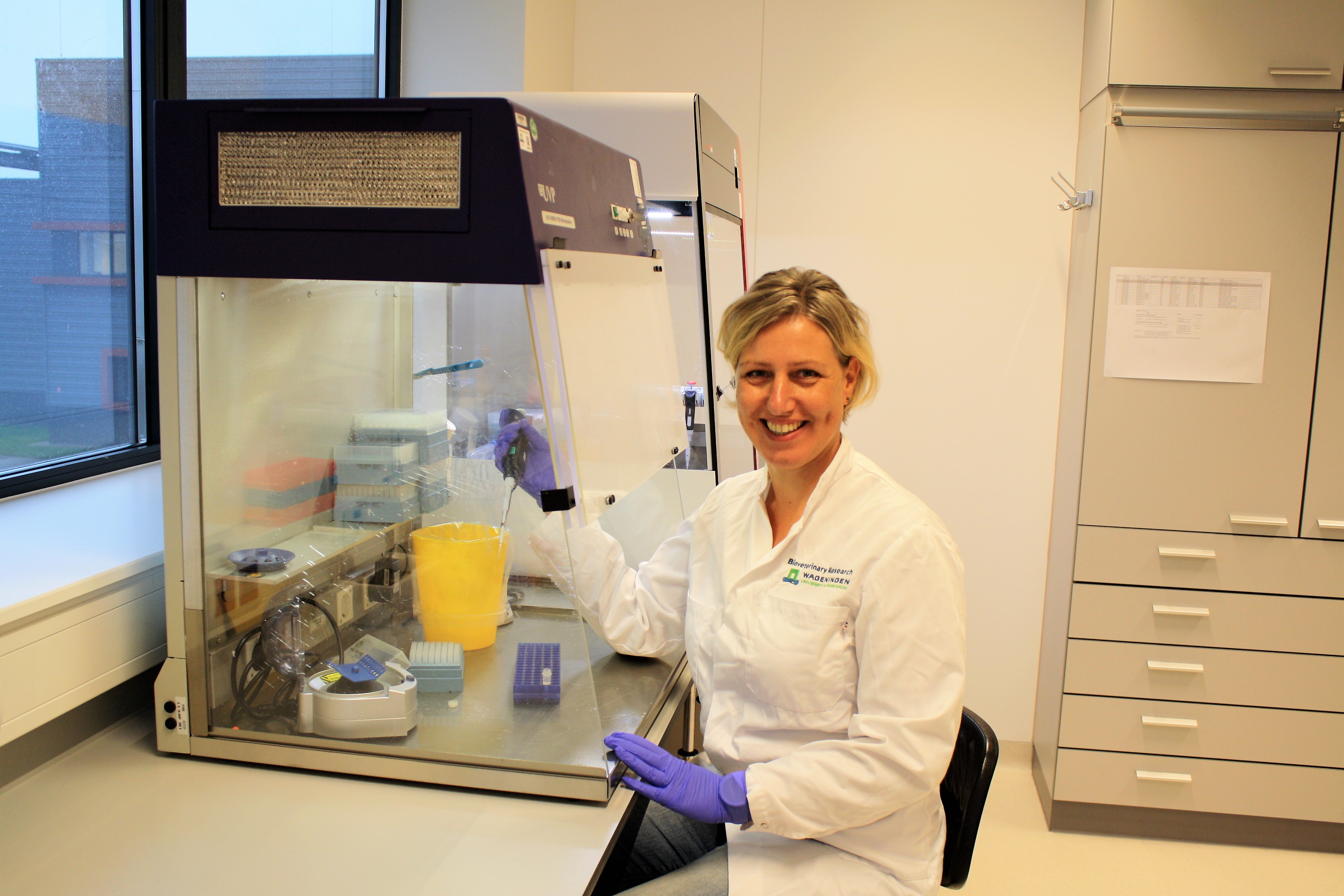Amsterdam, Noord-Holland, The Netherlands
14 Rue Pierre et Marie Curie, Paris 5e Arrondissement, Île-de-France, France
Houtribweg 39, Lelystad, Flevoland, The Netherlands
Antonie van Leeuwenhoeklaan 9, De Bilt, Utrecht, The Netherlands

The Project #TRACE
| Start: | January 2020 |
| Duration: | 4 Years |
| Domain: | Foodborne Zoonoses |
| Members: | RIVM, WbvR- the Netherlands, ANSES- France |
| Contact: | Dr. Eelco Franz (RIVM) |
TRACE: Tracking the public health hazard of foodborne Hepatitis E
Hepatitis E virus (HEV) is a zoonotic virus responsible of acute hepatitis E in human in Western countries. HEV is widespread in a number of animal species but the major animal reservoirs of HEV are domestic and wild pigs shedding HEV into the environment. However, the main route of HEV transmission in Europe is through consumption of contaminated pork. Consumption of raw or undercooked pork products have been associated to clinical Hepatitis E.
Molecular analyses showed that HEV strains detected in pigs and humans in the same geographical region present high genetic identity, indicating that swine are the main source of infection for humans. In European countries more than 50% of the pig farms may be affected and seroprevalence within these farms can be over 80%.
To identify the contamination sources of HEV in humans, HEV sequencing, genotyping and subgenotyping is often used. Regarding HEV subgenotypes in recent years in North-West Europe, a shift is seen towards HEV subgenotype 3c. It is unknown if this is a shift towards a more virulent or a more contagious HEV variant.
Since 2014, an increase in clinical cases has been observed in many EU member states including the Netherlands. During the summer of 2017 and 2018 in the Netherlands, a temporal drop was observed in acute HEV clinical infections, after which the incidence went back up to similar numbers as had been observed before. These events have remained unexplained to this date.
To explain the predominance of certain HEV variants and to elucidate differences in virulence, the TRACE project aims to characterise HEV variants and attempt to identify virulence factors in HEV strains detected in clinical HEV patients, in the general population and in domestic swine. Given the high genetic diversity of HEV, it is critical to obtain higher resolution genomic data (i.e. whole genome sequences) in order to gain more understanding on its molecular epidemiology and possible variations in patho-adaptive traits.
In the TRACE project, work was done to establish a sample (pre)processing (enrichment) to make whole-genome sequencing of HEV possible. Different methods were used and DNA depletion treatments were explored. mRNA of 18S (host) and 16S (bacterial) origin was successfully removed. HEV whole-genome sequences were successfully generated using the above enrichment methods and specific probes.
The producer/supplier of the enrichment product made a change in his product. For this reason, we had to develop another method. TRACE project developed a test based on the earlier mentioned successful method, the so-called probe capture enrichment. For this method, we had to develop a completely new probe set before we could start to optimise the enrichment procedure. We succeeded in optimising the whole procedure. We were able to generate whole genome sequences of samples of different origins having a Ct value up to Ct 30.
We also set up a method for HEV analysis for timed phylogeny of known sequences from the NCBI. With the idea that we, later on, can apply the method to the sequences we generated ourselves. This method is in preparation and will be finished in the first half of 2023.
Project Assets
Oral presentation at ISFEV in Santiago de Compostella, Spain. 16-20th May 2022.
Hakze van der Honing, R., Harders, F., Franz, E. & Van Der Poel, W. (2022). Development of a whole-genome sequencing method for Hepatitis E virus. Poster presentation at One Health EJP, ASM 2022, Orvieto, Italy. 11-13th April 2022. Abstract available here.
3-minute thesis presentation & roundtable discussion at One Health EJP ASM 2022, Orvieto, Italy. 11-13th April 2022.
Poster presentation & 3-minute thesis presentation at One Health EJP ASM 2021, hybrid event. 9-10th June 2021.

Renate W. Hakze van der Honing



